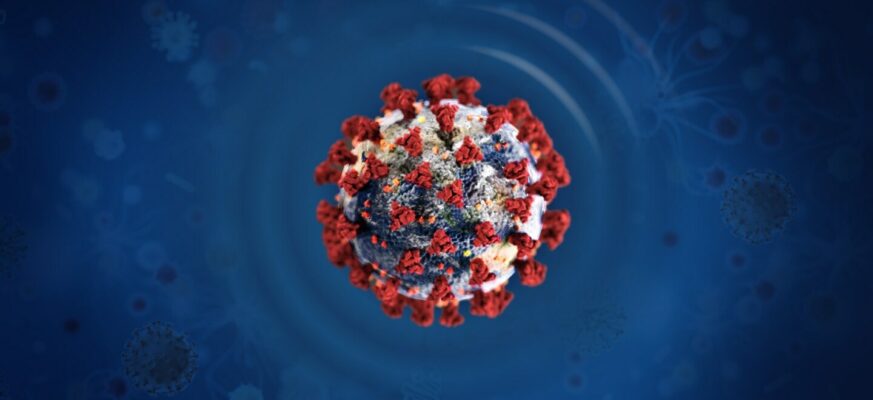Cancer treatment could be replicated for COVID-19 – Australian research
Australian researchers have found that beta-blockers with effectiveness for cancer could potentially be used to treat COVID-19. In a study published recently, researchers from the University of South Australia (UniSA), working with a team in Naples found the evidence in animals. COVID-19: N50bn Released To States So Far – PTF COVID-19: FG To Set Up […]

Australian researchers have found that beta-blockers with effectiveness for cancer could potentially be used to treat COVID-19.
In a study published recently, researchers from the University of South Australia (UniSA), working with a team in Naples found the evidence in animals.
- COVID-19: N50bn Released To States So Far – PTF
- COVID-19: FG To Set Up Indigenous Vaccine Production
According to the researchers, the beta-blocker Propranolol can help suppress the spread of cancer in the lung which has an inflammatory profile very similar to COVID-19.
Nirmal Robinson, UniSA’s cancer researcher, said that recent clinical trials have proven Propranolol’s effectiveness in treating cancer and called for clinical trials to investigate the study’s findings.
“Patients with COVID-19 suffer from many abnormalities, including inflammation, because the SARS-CoV-2 virus disrupts the body’s immune system.
“Beta-2 blockers could potentially reduce this inflammation and help rebalance the immune system,’’ he said in a statement.
“We believe the beta-2-adrenergic pathway should be more deeply investigated as a possible target to reduce the inflammatory symptoms related to COVID-19.
“The next step is to perform clinical trials to explore an alternative therapy to treat COVID-19, based on the lessons we have learned from cancer.’’
According to researchers, Propranolol is commonly used to treat heart conditions, anxiety and migraine.
Beta-blockers including Propranolol are medicines that work by temporarily stopping or reducing the body’s natural “fight-or-flight’’ response, reducing stress on the heart and blood vessels in the brain. (Xinhua/NAN)
